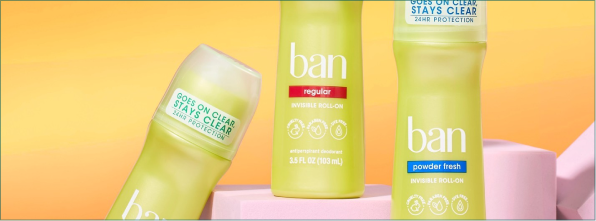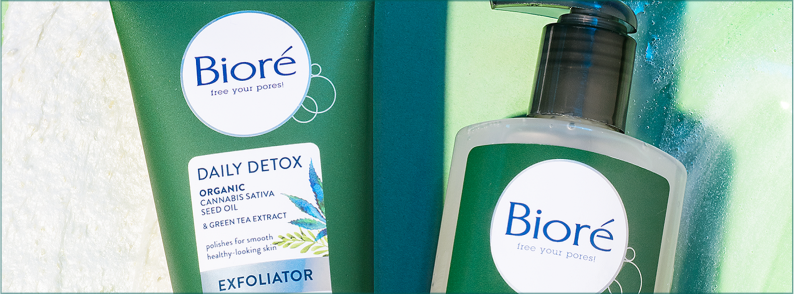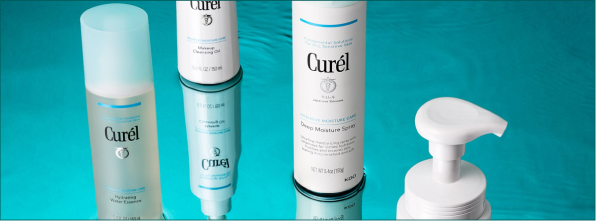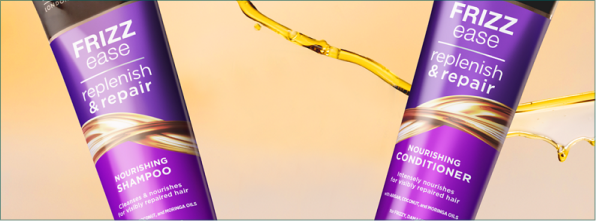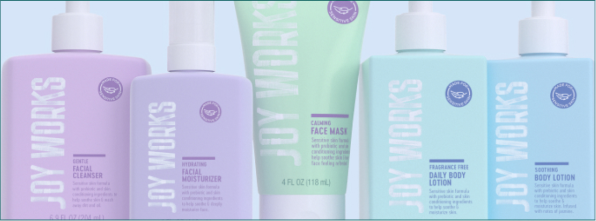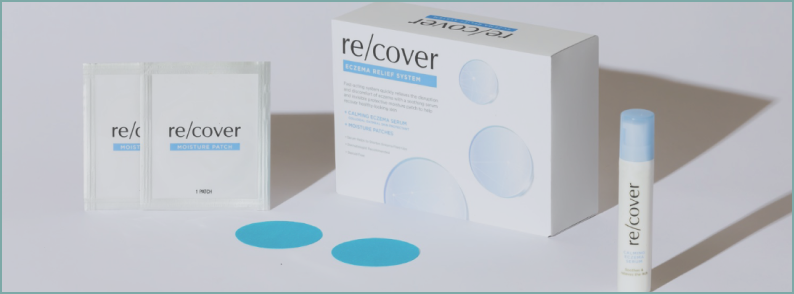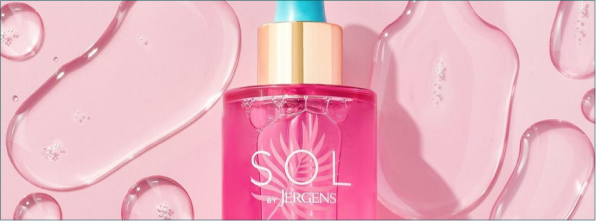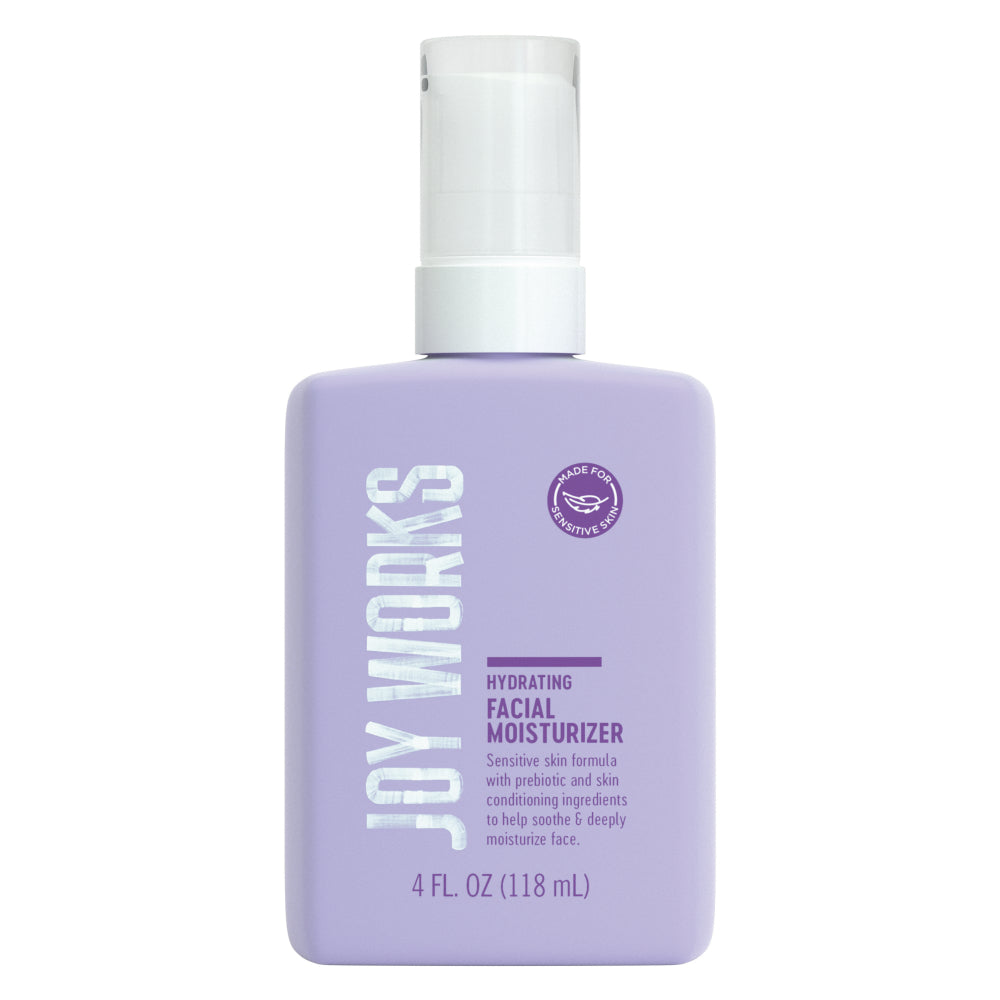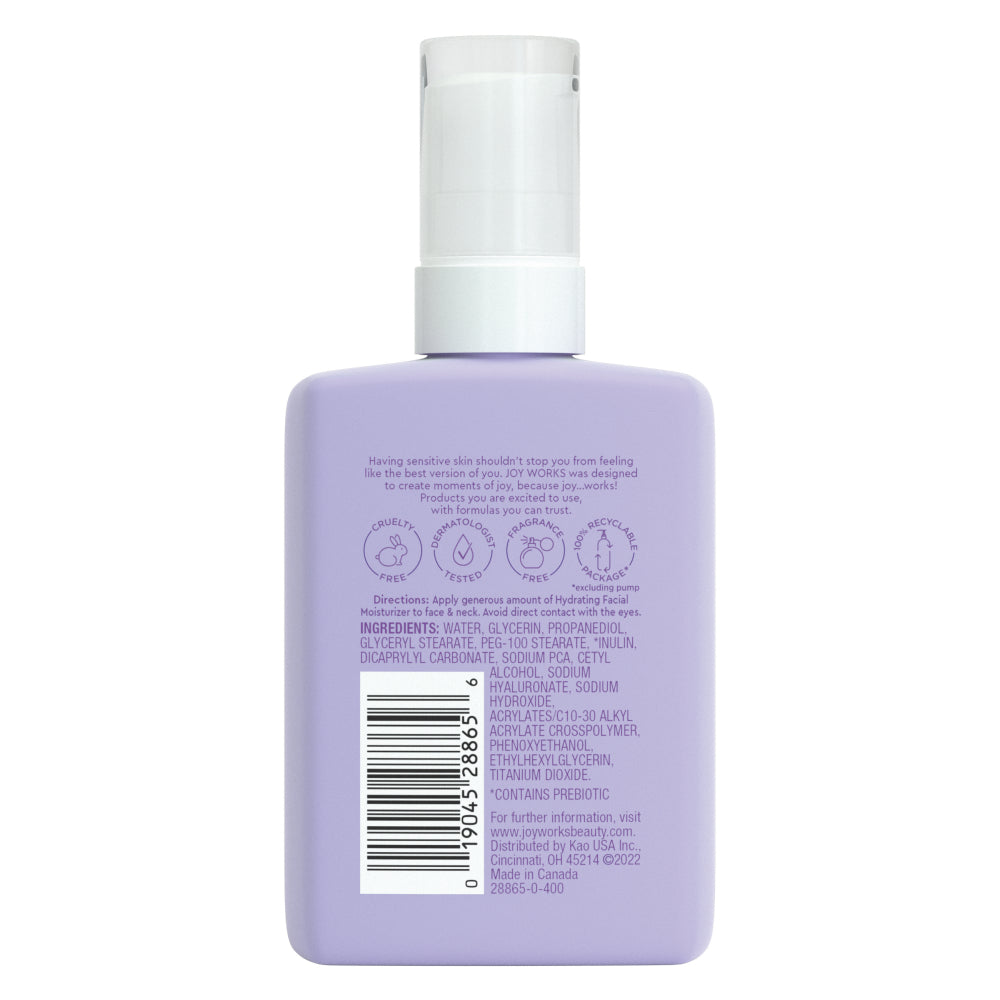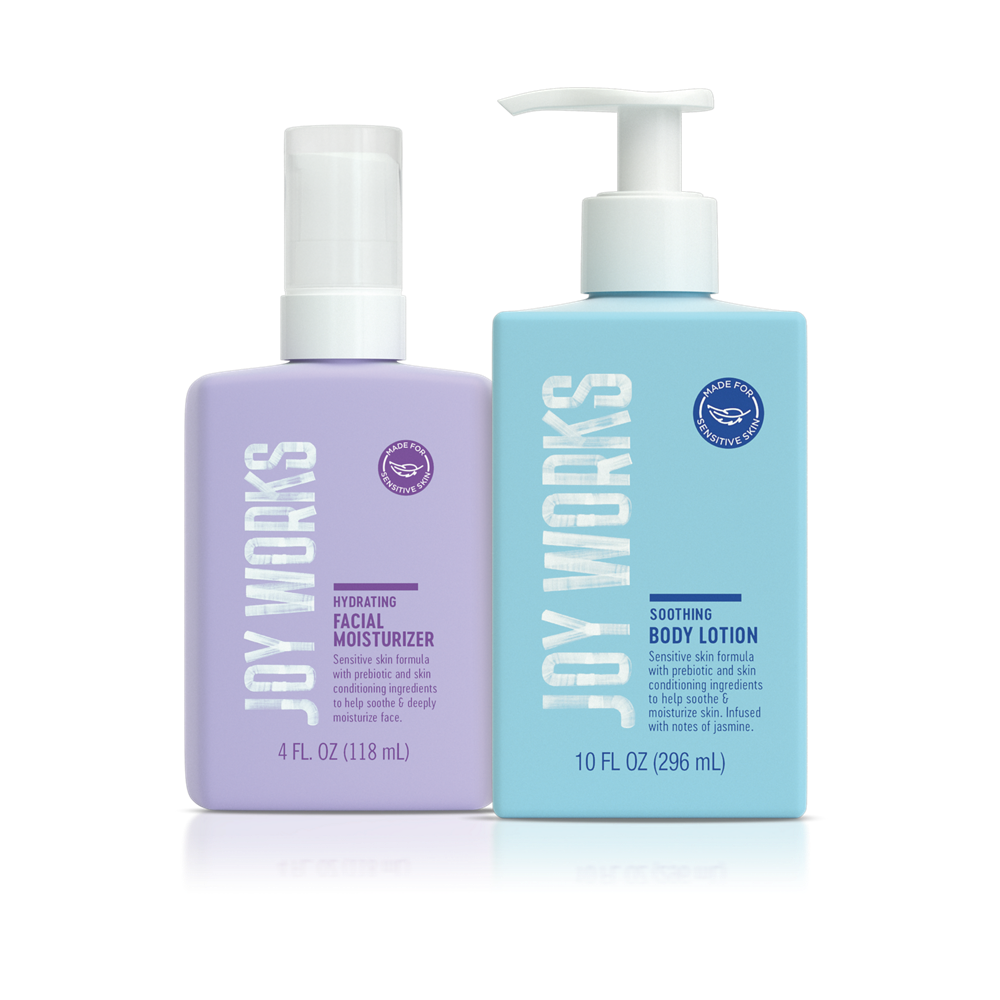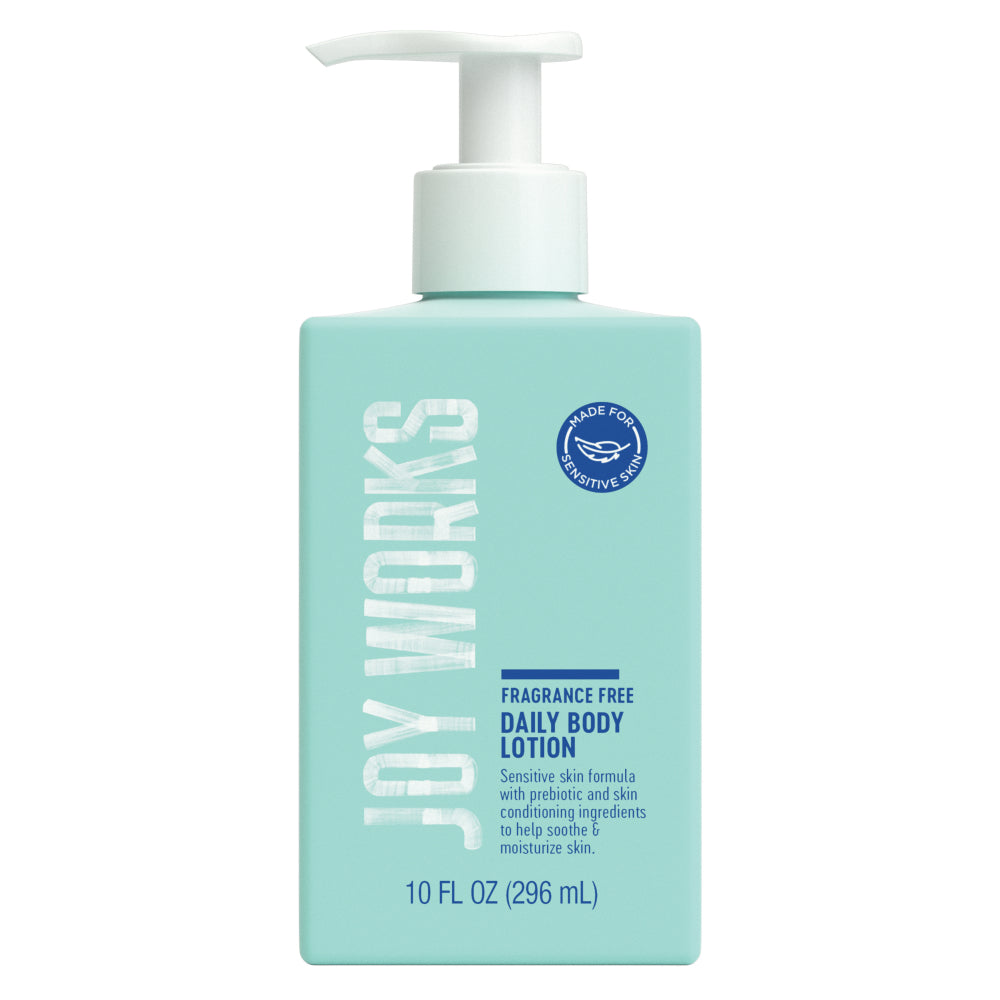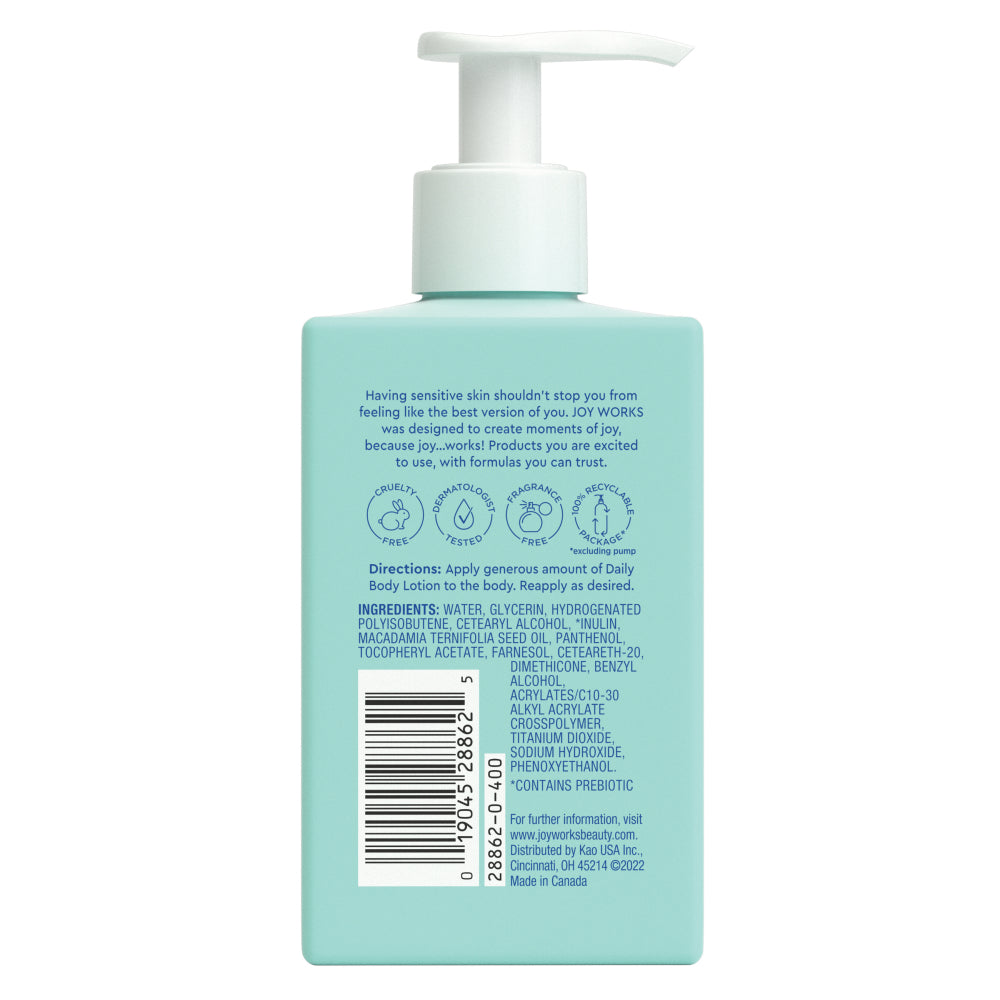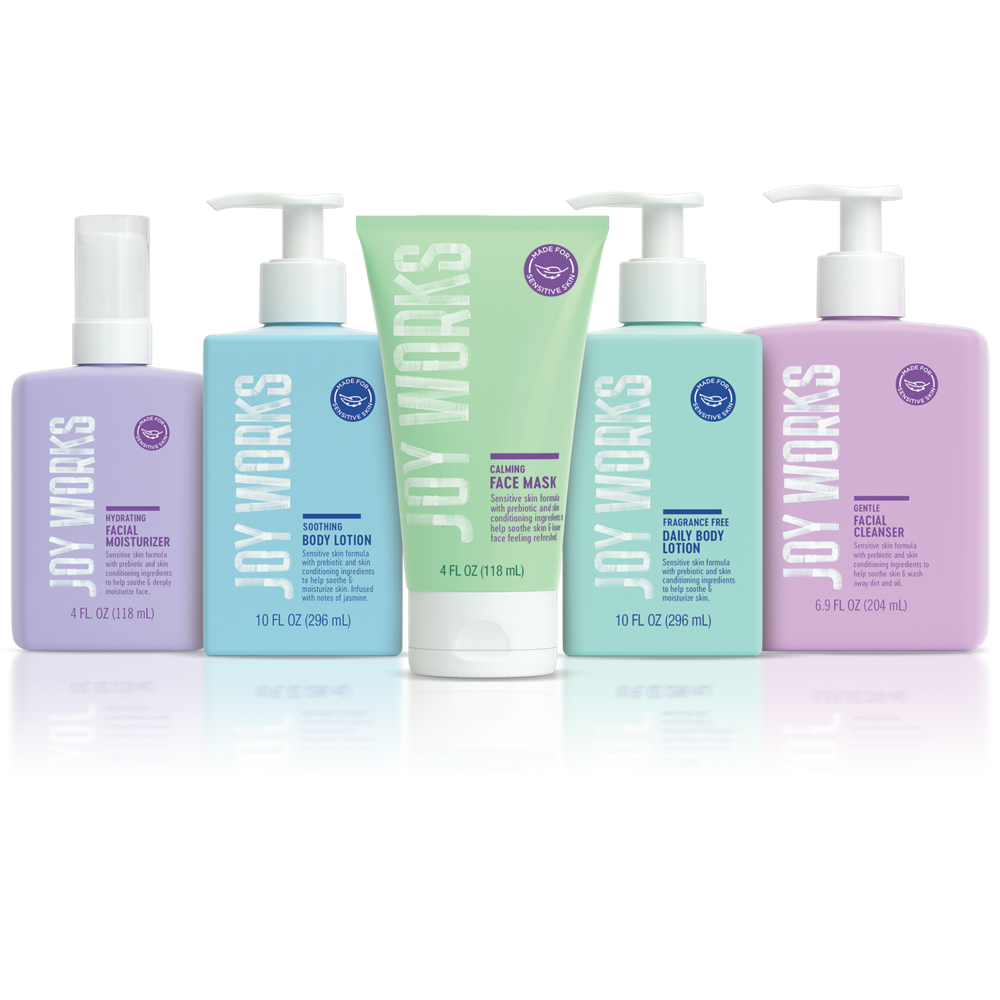Sensitive Skincare Routine for Radiant Skin

Caring for sensitive skin might seem like a puzzle, but it's all about consistency and a bit of trial and error. With a gentle skincare routine, loads of hydration, and some lifestyle tweaks, you can transform your sensitive skin into the radiant, glowing skin you’ve been dreaming of.
Understanding Sensitive Skin
Sensitive skin isn't easily defined by one set of characteristics. It's more of a spectrum, where your skin might react differently than someone else's even under similar circumstances. Sensitive skin is more prone to reactions, such as redness, itching, or discomfort, due to certain triggers.

Sensitive skin is more prone to reactions, such as redness, itching, or discomfort.
Common Indicators of Sensitive Skin
Signs of sensitive skin can manifest as redness, dryness, a tendency to flush easily, or the development of rashes or bumps when exposed to certain stimuli. It's your skin's unique way of signaling discomfort.
Sensitive Skin Types
Sensitive skin isn't confined to a specific skin type. It can occur in individuals with dry, oily, combination, or normal skin. Understanding how your skin type interacts with its sensitivity is key to finding the right routine and products that work best for you.
Moisturizers vs. Hydrators
When it comes to quenching your skin's thirst, it's important to understand the unique roles of hydrators and moisturizers. They're both essential, but they work in slightly different ways to keep your skin supple and hydrated.
| Moisturizers | Hydrators |
| Moisturizers are like the protectors of your skin's barrier. They work by forming a protective layer on the skin's surface, sealing in the moisture that hydrators bring in, and preventing it from evaporating. | Hydrators are all about increasing your skin's water content. They often contain ingredients like hyaluronic acid, glycerin, or aloe vera, which attract moisture to the skin and lock it in, ensuring your skin stays plump and well-hydrated. |
Pro Hydrating Tip for Sensitive Skin
Applying hydrators on damp skin is like giving your skin an extra drink of water. When your skin is slightly damp, it's more receptive to absorbing these hydrating ingredients, allowing them to penetrate deeper into the skin layers. This enhances their effectiveness, leaving your skin feeling more hydrated and looking more radiant!
When your skin is slightly damp, it's more receptive to absorbing these hydrating ingredients, allowing them to penetrate deeper into the skin layers.
Key Components of a Sensitive Skincare Routine
Sensitive skin deserves special attention, especially when it comes to your skincare routine. Let's explore the essential tips for crafting a routine that cares for and protects your sensitive skin.
Step 1: Cleanse
Cleansing is the foundation of any skincare routine, especially for sensitive skin. Opt for a gentle, dermatologist-tested, low pH cleanser that effectively removes impurities without stripping away your skin's natural moisture barrier. Avoid harsh scrubbing and opt for patting or gentle massaging motions. This ensures thorough cleansing without causing irritation or dryness, allowing your skin to stay balanced and comfortable
Step 2: Tone
Toners play a pivotal role in balancing your skin and prepping it for subsequent skincare steps. Look for alcohol-free toners that soothe and balance sensitive skin, assisting in the removal of any remaining impurities while allowing your skin to better absorb the following products. Ingredients like witch hazel or rose water can be calming for sensitive skin, aiding in minimizing redness and inflammation.
Step 3: Apply Serum
A serum provides increased hydration, brightness, and anti-aging benefits to the skin. It’s one of the most vital steps of your skincare routine and should always be used after cleansing and toning. The best serums for sensitive skin will have natural ingredients like arnica, calendula, and chamomile — these have anti-inflammatory properties that can help soothe redness and irritation.
Step 4: Weekly Face Mask
Adding a weekly calming face mask can help soothe sensitive skin and leave it feeling refreshed all week. Opt for a dermatologist-tested face mask with sensitive-skin-friendly ingredients like inulin and sodium hyaluronate.
Step 5: Moisturize
Hydration is sensitive skin's best friend. Choose moisturizers that focus on locking in moisture without causing irritation. Look for lightweight, dermatologist - tested, non-comedogenic formulas that contain ingredients like ceramides or hyaluronic acid, which help reinforce your skin's natural barrier
Step 6: Sun Protection
Sunscreen is non-negotiable, especially for sensitive skin. Opt for sunscreens with a high SPF designed for sensitive skin. These formulations should be gentle, and free from fragrances or harsh chemicals that could trigger reactions

3 Tips for Sensitive Skincare
When crafting a sensitive skincare routine, keep these three things in mind:
- Seasonal adaptations: Adjust your skincare routine according to weather changes. For example, use more hydrating products in dry seasons and lighter options in humid weather.
- Lifestyle impact: Monitor diet, stress, and sleep, Keep a balanced diet of nutritious foods for skin health and manage stress for reduced inflammation.
- Patch testing and allergens: Conduct patch tests when trying new products to identify potential allergens; apply small amounts of products to check for adverse reactions before regular use.
3 Things to Avoid for Sensitive Skin
Sensitive skin requires extra care, which often means avoiding certain ingredients or products that can trigger irritation or discomfort. Here are three major things to stay away from when caring for sensitive skin:
- Fragrance: Fragrances can often be the culprit behind skin reactions. Opt for fragrance-free products to minimize the risk of irritation. Look for labels specifying "fragrance-free" or "unscented" for safer choices suitable for sensitive skin.
- Tingling agents: Products containing tingling agents like menthol or certain essential oils can exacerbate sensitivity. Avoid products with these agents and opt for milder formulations to prevent irritation and discomfort.
- Cleansers with high pH: High pH cleansers disrupt the skin's natural balance, leading to potential irritation. Choose low pH or pH-balanced cleansers that are gentle on the skin, maintaining its natural equilibrium and reducing the risk of sensitivity reactions.
Steering clear of these potential irritants and adopting these skincare tips can significantly minimize the risk of sensitivity flare-ups, allowing you to maintain a gentle and soothing skincare routine tailored to the needs of your sensitive skin. Here’s to smooth, hydrated skin and a more confident you!
